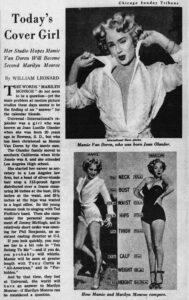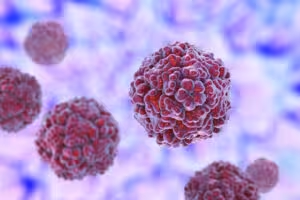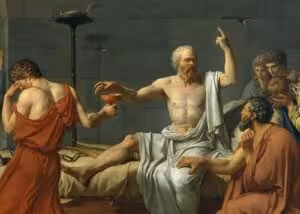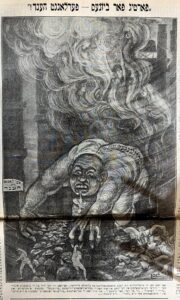These history-changing accidents will leave you scratching your head!
In the complex tapestry of time, there are moments when history takes an unexpected detour, forever altering the records. Exploring historical twists, we delve into the intriguing realm of history-changing accidents.
These seemingly trivial occurrences, each with its own story to tell, have left an unforgettable mark on the pages of our collective past.
Brace yourself as we go through some riveting episodes where chance plays the role of an unforeseen protagonist, steering the course of possibilities in ways we could never have expected.
From minor mishaps with colossal consequences to fortuitous turns that shaped the world, these incidents serve as a testament to the unpredictable nature of our human experience.
Join us as we unravel the threads of time and unveil the hidden stories behind 4 history-changing accidents with significant consequences.
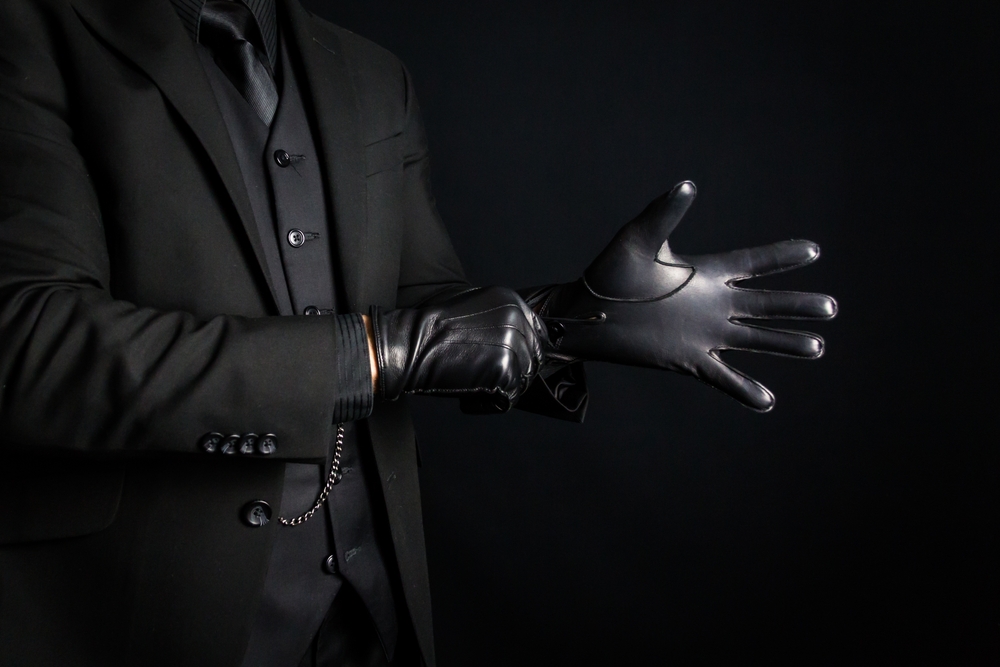
A glove determines the trial of the century!
OJ Simpson was being tried for murdering his wife, Nicole Brown Simpson, and Ron Goldman, a local waiter, on the steps of Nicole’s home in Brentwood, California.
The evidence against him would appear to be condemning, including blood on a glove that matched one found near Goldman’s body and blood in his Bronco. The term “DNA evidence” was cemented during this case, and it was not OJ’s friend.
Neither was Kato Kaelin, a man living in OJ’s guesthouse, and he testified that he couldn’t account for OJ’s whereabouts at the time the murders took place.
Most people believed Simpson would be convicted… But then, the prosecutor asked him to try on a glove that had blood on it discovered at the crime scene.
The image of OJ Simpson trying to squeeze his large hand into the snug leather fingers became the defining moment in this trial, as did the way his defense attorney Johnnie Cochran described it in his now-historic closing statement: “If it doesn’t fit, you must acquit.” Well, the jury did!
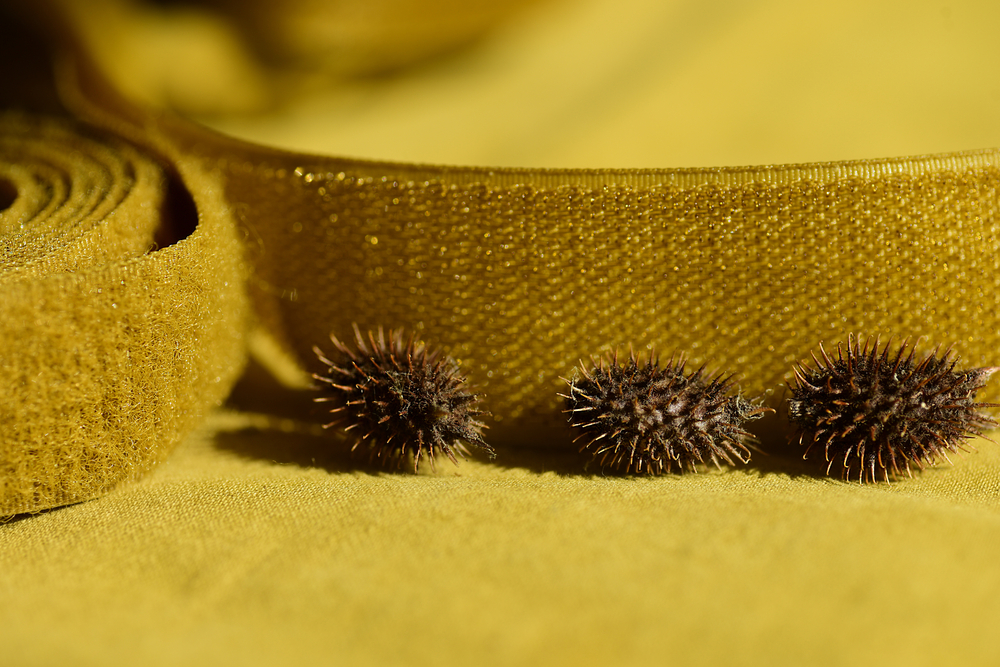
A DOG invents Velcro?
Swiss engineer George de Mestral always looked for naturally occurring phenomena science could imitate. That’s where his faithful Irish pointer comes in. After hiking in the Swiss mountains, de Mestral noticed his dog was covered with spiky burs, as were his pants.
He put these burs under a microscope and discovered tiny “hooks” at the ends of their bristles that apparently latched onto almost any clothing or fur.
Since de Mestral wasn’t a fan of zippers, he spent the next decade trying to reproduce the burs’ irresistible appeal to his hiking partner.
And after many attempts and, of course, belly rubs, George de Mestral found the proper material for his invention: nylon, which was strong enough for the hooks to hold but flexible enough to be separated with the right amount of tugging.
De Mestral applied for his patent in 1952, and it was approved 3 years later. He named this invention Velcro, a combination of velvet and crochet, which is also the French word for “hook.”
A coconut saved JFK’s life!
On August 2nd, 1943, as Kennedy and his crew patrolled the Solomon Islands from their craft, PT-109, a Japanese destroyer speared through the fog and slashed the smaller ship in half. A massive fireball filled the sky, and two men were killed.
As Kennedy and 10 other survivors crowded around the wreck, they realized they had to swim to an island nearby.
Kennedy was a former member of the Harvard swim team, so he towed one of his wounded comrades with his teeth for 5 hours through shark-infested waters to an island, where they ate coconuts to survive.
After a few days, the men flagged down two natives passing in a small boat, who consented to take a message to the Allied forces.
They carved it into a coconut shell, stating: “NAURO ISL … COMMANDER … NATIVE KNOWS POS’IT… HE CAN PILOT … 11 ALIVE … NEED SMALL BOAT … KENNEDY.”
Once the islanders delivered the coconut, the men were rescued. Years later, Judge Ernest W. Gibson Jr., a colonel during the war, surprised the newly elected President Kennedy with a present.
It was the same coconut he had carved his message into. It’s permanently displayed at the John F. Kennedy Library in Boston today.
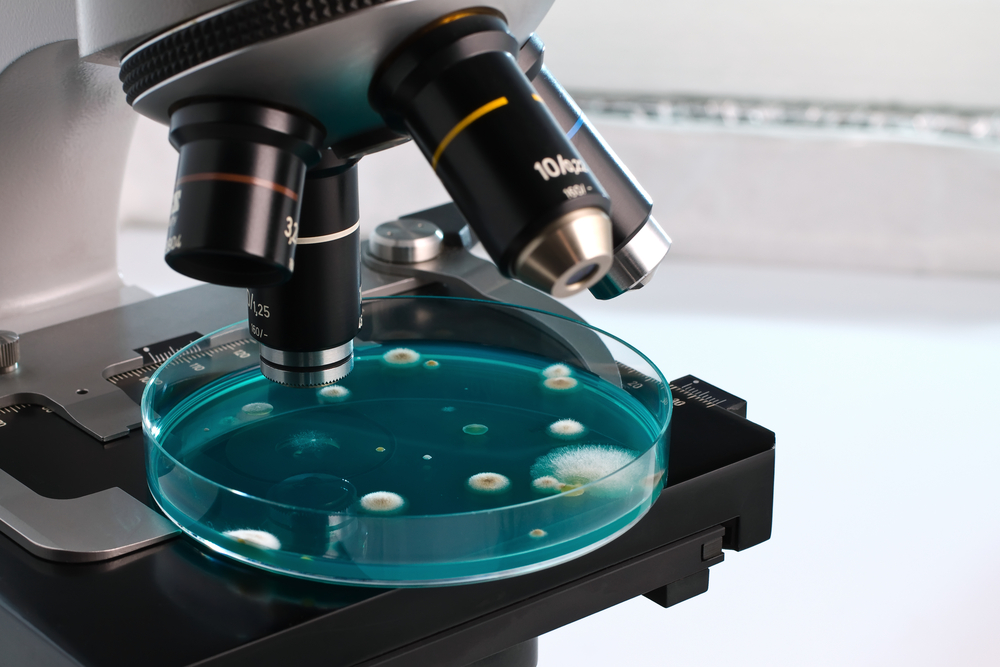
A dirty science lab hides a miracle drug!
In 1928, Scottish physician Alexander Fleming was so rushed to go on vacation that he accidentally left a pile of soiled Petri dishes in his lab sink.
As if this weren’t already gross, the plates were smeared with staphylococcus, a bactera that causes sore throats, boils, and food poisoning.
When Fleming came back, he found something fascinating in the chaos in his sink: One of the Petri dishes was spotted with bacteria everywhere except where there was mold. The area around it was completely clear, as if shielded by an unseen wall.
Upon closer examination, Dr. Fleming discovered that the rare Penicillium notatum mold had secreted a “mold juice” that destroyed several strands of deadly bacteria. He published his extraordinary discovery…and no one noticed.
Years later, an Australian pathologist, Howard Walter Florey, accidentally found Fleming’s paper. He studied mold juice’s therapeutic effects with biochemist Ernst Boris Chain.
By 1941, they had gathered enough penicillin to utilize on the first human subject, a 43-year-old police officer who had a terminal bacterial infection he’d acquired after scratching himself on some rose bushes.
The results were remarkable: The patient’s fever broke, his appetite came back, and the penicillin used to treat him was hailed as a miracle drug.
Dr. Fleming, along with Dr. Florey and Chain, shared the Nobel prize for their work on this magical medicine, stating: “I certainly didn’t plan to revolutionize all of medicine by discovering the world’s first antibiotic, but I suppose that was exactly what I did.”
Did you find this article interesting? Please feel free to share your thoughts with us in the comments section. Meanwhile, Devasting Disasters has much more to offer. For instance, check out: 4 Worst Years in History to Be Alive


